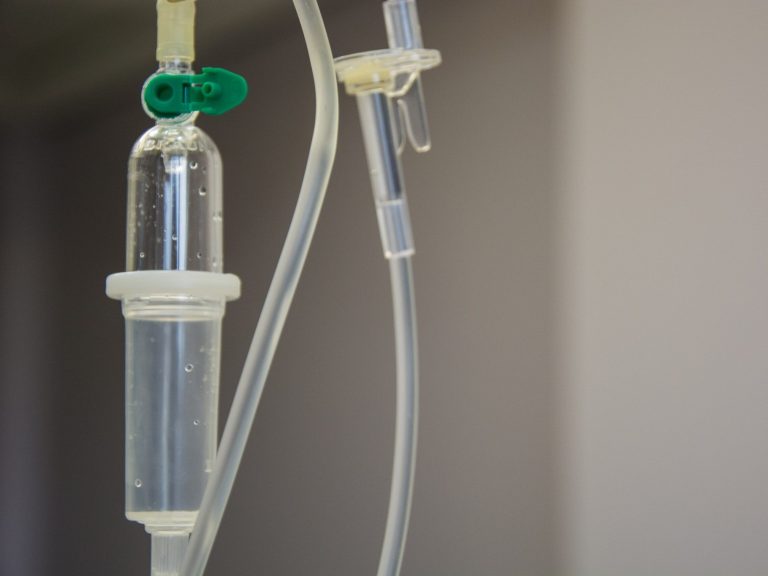Cognitive depression affects 27 percent. patients with depressed mood. How to recognize it?

Depression is a serious and dangerous disease with many different faces. Check if you know its cognitive “face”. Find out what characterizes them.
The World Health Organization estimates that by 2030, depression will be one of the most common health problems in the world. Currently, over 1.5 million people in Poland struggle with it, most of them women. The disease is often difficult to diagnose due to its multidimensional nature. There are several “varieties” of this insidious disease, including endogenous (genetic), reactive, melancholic, seasonal, postpartum, masked, hypochondriac and psychotic. Recently, there has been more and more talk about cognitive depression. See what exactly is meant by this term.
Cognitive depression – symptoms
Most people associate depression only with low mood and changes in behavior, for example a marked decrease in life energy, apathy, reluctance to undertake usual activities or sleep disorders. So far, little attention has been paid to the “modifications” that the disease makes to the patient’s brain. Scientists from Stanford Medicine took a closer look at them. They examined over a thousand people diagnosed with depression. Volunteers were asked to perform a series of cognitive tests measuring functions such as verbal memory, working memory, decision-making speed and attention. Then, the specialists compared their results with those achieved by members of the control group without diagnosed depression.
It turned out that 27 percent of the experiment participants showed visible symptoms of slowing cognitive functions, as well as reduced activity in some brain areas, including the dorsolateral part of the prefrontal cortex responsible for processing emotions and planning behavior. On this basis, scientists distinguished another subtype of depression called cognitive.
Patients struggling with depression often have major problems with concentration. They do not focus on the activity they are performing at a given moment. It is difficult for them to make even the simplest decisions about everyday life. They are unable to develop strategies or predict the consequences of their behavior. They cannot set themselves any short or long-term goals. They have memory problems. They cannot clearly define their priorities. Their ability to think cause and effect, as well as self-reflection, is impaired.
Treating cognitive depression
Cognitive depression therapy using standard pharmaceuticals used to treat low mood does not always bring satisfactory results. Therefore, specialists from Stanford Medicine propose to introduce new diagnostic methods for depression based on imaging tests of the nervous system, which will allow for better adaptation of the treatment to the situation of a specific patient. Research on guanfacine and its use in the treatment of patients with cognitive depression is ongoing. Currently, the substance is prescribed to children who suffer from ADHD (attention deficit hyperactivity disorder).
Depression – where to seek help?
If you notice disturbing symptoms such as low mood, lack of energy to act or apathy, seek help from your general practitioner or psychiatrist (you do not need a referral to this specialist). Necessary support for people with depression is also provided by mental health clinics, psychiatric hospitals and wards, psychological and pedagogical counseling centers, crisis intervention centers and helplines operating throughout the country. You can call, among others, the following number: 800 108 108. The hotline is open from Monday to Sunday (except holidays) from 2 p.m. to 8 p.m.
Adults in emotional crisis can get help by calling 116 123 (open 7 days a week from 2 p.m. to 10 p.m.).
Numbers have been launched with the needs of children and young people in mind 116 111 or 121 212. Both hotlines operate 24 hours a day, seven days a week. Calls to all indicated numbers are free of charge.






